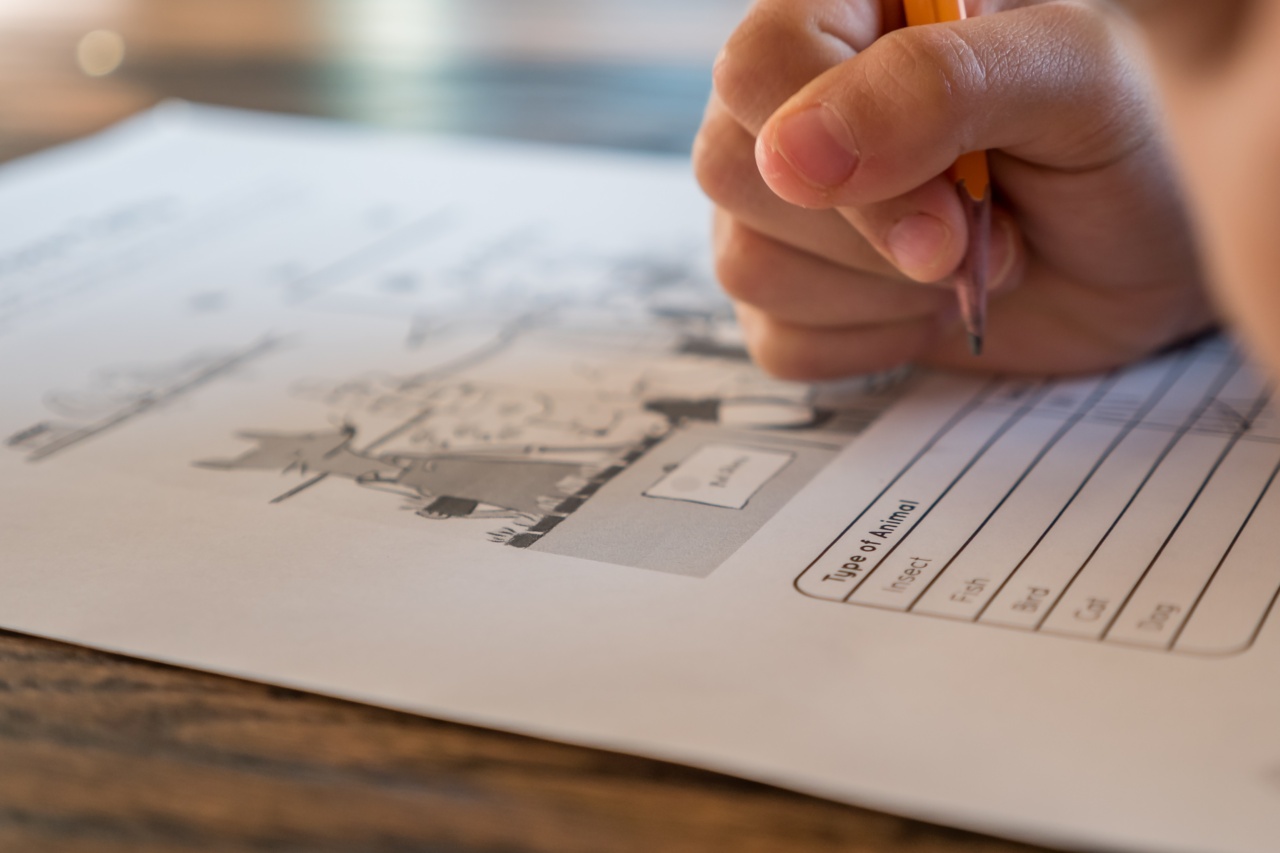Sleep apnea is a potentially serious and common sleep disorder that affects millions of people worldwide. It occurs when breathing repeatedly stops and starts during sleep.
If left untreated, sleep apnea can lead to a range of health issues, including cardiovascular problems, daytime fatigue, and decreased quality of life. While a formal diagnosis for sleep apnea requires a medical evaluation, there are several questions you can ask yourself to determine if you should seek professional help.
In this article, we will explore the five key questions that can help you assess your risk of sleep apnea and the importance of seeking proper diagnosis and treatment.
Question 1: Do You Snore Loudly?
Loud snoring is one of the primary signs of sleep apnea. If you or your partner have noticed that your snoring is exceptionally loud and disruptive, it could be an indicator of sleep apnea.
Snoring occurs when airflow is partially blocked, leading to the vibration of throat tissues. In the case of sleep apnea, the airway blockage is more severe and can lead to the cessation of breathing for short periods.
Question 2: Do You Experience Daytime Sleepiness?
Excessive daytime sleepiness is another symptom common in people with sleep apnea. The interruptions in breathing during the night can cause frequent awakenings, preventing you from achieving deep, restful sleep.
As a result, you may feel excessively tired throughout the day, struggle to concentrate, and may even fall asleep during activities such as reading, watching TV, or driving.
Question 3: Have You Been Notified of Breathing Pauses During Sleep?
Sleep apnea often causes intermittent pauses in breathing, which may be noticed by someone sharing the bed or room with you. These pauses can last for seconds or longer, and you may resume breathing with a choking or gasping sound.
If your bed partner has observed such episodes, it is essential not to ignore them, as they may indicate underlying sleep apnea.
Question 4: Do You Wake Up with Headaches?
Morning headaches can be a sign of sleep apnea. The disrupted breathing patterns during sleep can lead to decreased oxygen levels, resulting in headaches upon waking.
If you frequently wake up with a headache, especially in combination with loud snoring and daytime sleepiness, it is important to consider the possibility of sleep apnea and seek professional evaluation.
Question 5: Have You Noted Changes in Mood or Memory?
Untreated sleep apnea can have a significant impact on cognitive function and emotional well-being. It may cause memory problems, difficulty concentrating, irritability, and mood swings.
If you have noticed concerning changes in your mood or memory that cannot be explained by other factors, sleep apnea could be a possible culprit.
The Importance of Seeking Diagnosis and Treatment
If you answered “yes” to one or more of the questions above, it is crucial to consult with a healthcare professional experienced in diagnosing and treating sleep disorders.
While self-assessment is a useful tool, a proper diagnosis requires medical evaluation and diagnostic tests such as a sleep study. Identifying sleep apnea is essential to your overall health and well-being, as it can be a contributing factor to various health conditions, including high blood pressure, heart disease, and diabetes.
The most common treatment for sleep apnea is continuous positive airway pressure (CPAP) therapy. This therapy involves wearing a mask connected to a device that delivers a steady flow of air, keeping the air passages open throughout the night.
Other treatment options may include the use of oral appliances, lifestyle changes such as weight loss and exercise, or, in severe cases, surgical intervention.
Conclusion
Sleep apnea is a serious condition that can significantly impact your quality of life and lead to various health problems. If you suspect you may have sleep apnea based on your answers to the five questions test, it is crucial to seek professional help.
Remember that self-assessment is only the first step, and a proper diagnosis requires medical evaluation and appropriate treatment. With the right diagnosis and treatment, you can take control of your sleep apnea and regain restful, rejuvenating sleep.




























